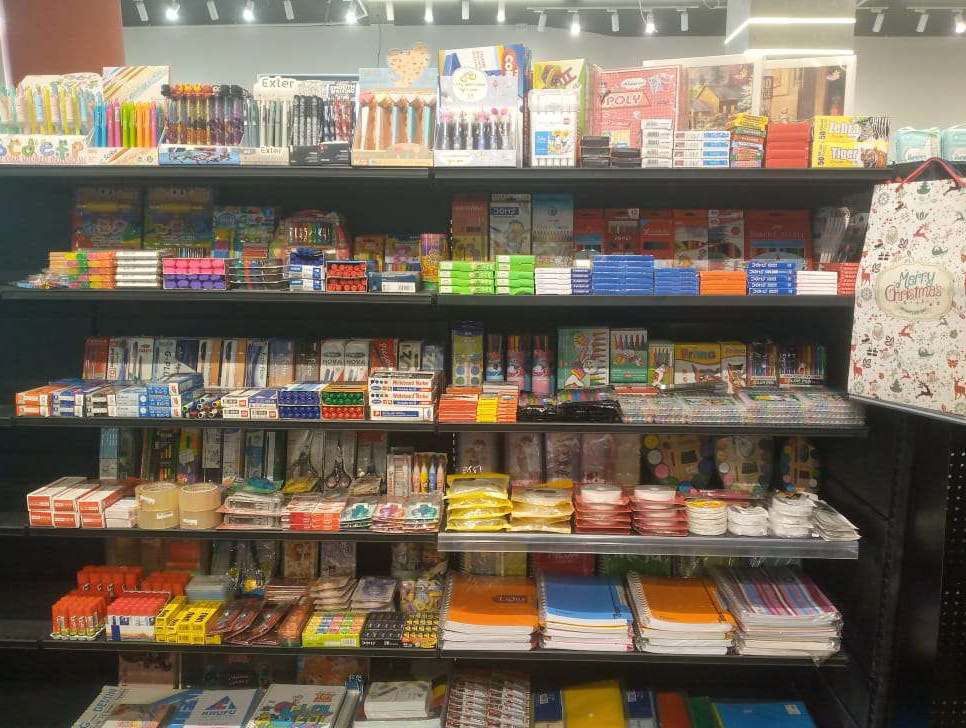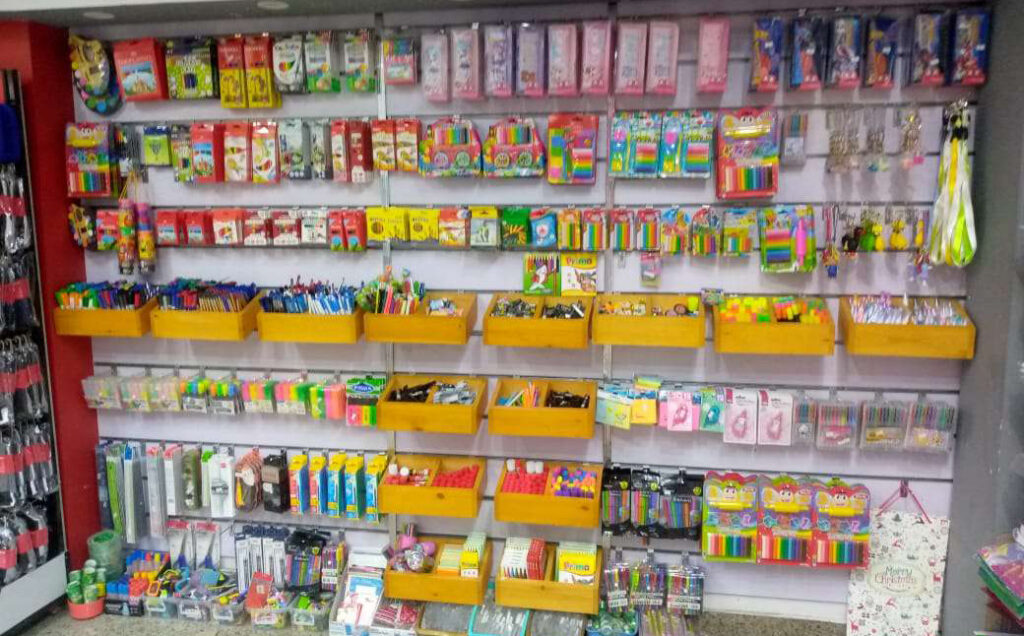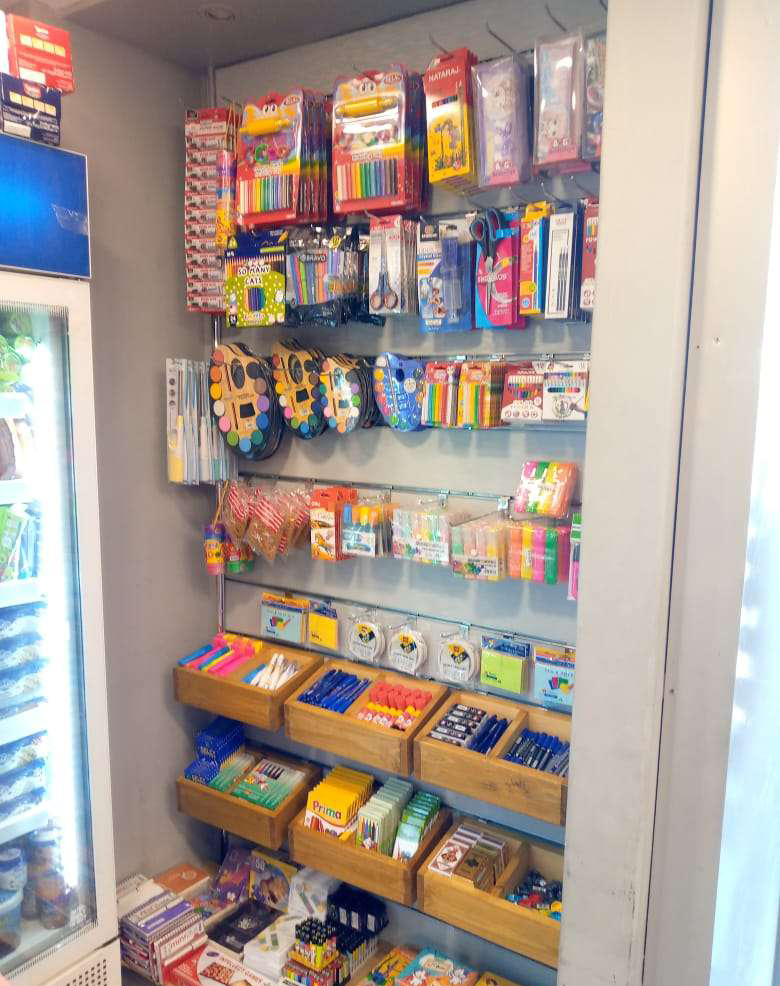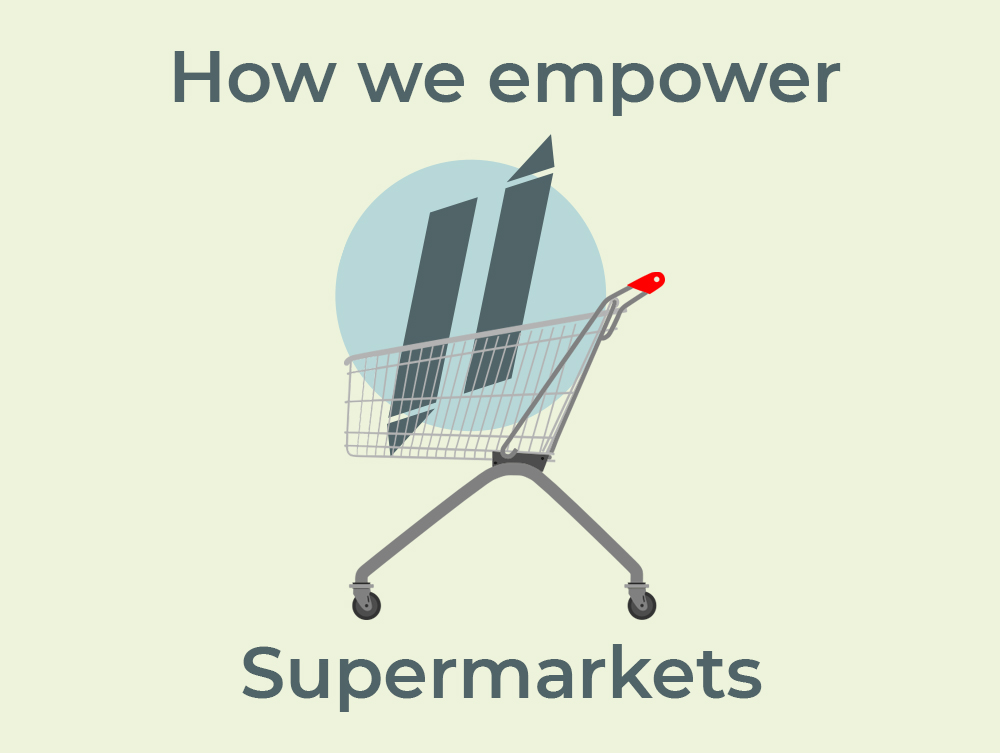Competition among Egypt’s leading supermarket chains has never been fiercer. Despite the common perception that supermarkets offer better deals, market studies show that their prices are not significantly lower than those of local stores. However, supermarkets continue to attract record-breaking foot traffic. Why? Convenience is their key selling point. Once customers enter a store, they are likely to make multiple purchases simply because they can find everything they need in one place. Real pricing competition, therefore, happens at the shelf level.
The Power of Product Variety
A supermarket’s ability to meet diverse consumer needs is what sets it apart. If customers perceive that a supermarket lacks an essential product category, they may choose not to visit at all. For example, a shopper who needs both groceries and cooking utensils may opt for a store that offers both, rather than making two separate trips. This principle applies to other essential household needs, including school-related products.
The Untapped Potential of Stationery Sales
According to CAPMAS, Egyptian households allocate 36.8% of their annual income to school-related expenses. This significant expenditure creates a major sales opportunity, particularly during the “Back to School” season. Supermarkets invest heavily in marketing campaigns during this period, but their focus tends to remain on groceries, primarily on items for preparing school lunches, rather than on stationery and books.
This oversight represents a missed opportunity. Parents and students shopping for school essentials prefer a one-stop shopping experience. If a supermarket does not offer stationery, families must visit a dedicated stationery store, reducing the supermarket’s potential sales volume. Supermarkets that integrate a well-stocked stationery section can position themselves as the go-to destination for back-to-school shopping, increasing both foot traffic and overall revenue.
Strategic Steps for Supermarkets
To capitalize on this opportunity, supermarkets can take several strategic steps:
- Dedicated Stationery Sections: Establishing a well-organized, clearly labeled stationery area that expands during peak seasons.
- Seasonal Marketing: Using in-store displays, social media, and direct marketing to promote the supermarket’s stationery offerings.
- Broad Product Range: Ensuring that parents can find all their stationery needs under one roof, covering all product categories.
Challenges Faced by Supermarkets
Despite the clear benefits, supermarkets often hesitate to expand their stationery sections due to the following challenges:
- Logistical Complexity: A fully developed stationery department, offering a minimum of 800 products per branch, requires a strong logistical infrastructure for bulk ordering and efficient distribution.
- Barcode Issues: Many popular stationery products in Egypt lack uniquely identifiable barcodes, making them difficult to manage within a supermarket’s automated inventory and checkout systems.
- Seasonal Demand: Since stationery sales are highly seasonal, investing in infrastructure and hiring full-time employees may not be cost-effective outside the back-to-school period.
The Solution
The best way to overcome these challenges is to outsource the stationery department to a specialized provider, without any costs to the supermarket.
At AlMaktaba AlSagheera, we provide a turnkey solution, managing everything from product selection to logistics, ensuring that your supermarket features a well-stocked stationery department. Best of all, a percentage of revenue goes directly to the supermarket, without the hassle of managing inventory.
Below is a gallery of some of our clients’ stationery and book displays, which we keep maintained and updated.






